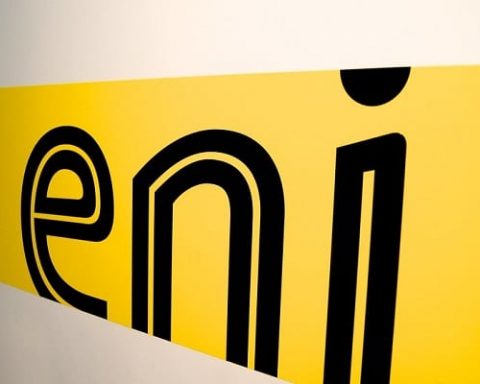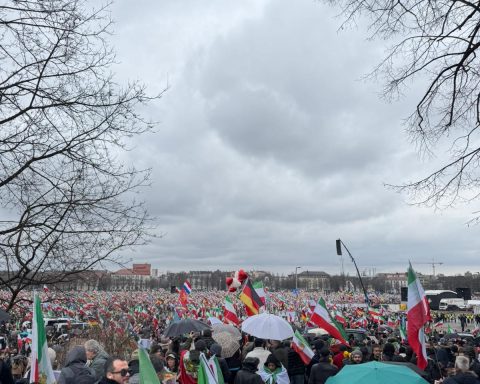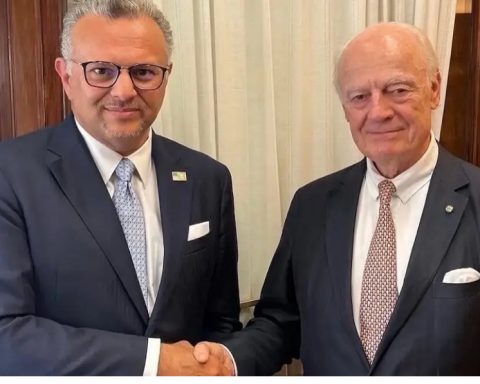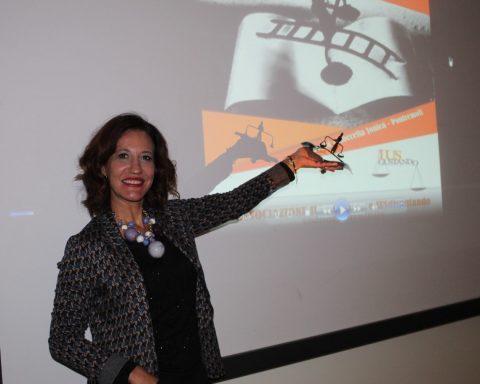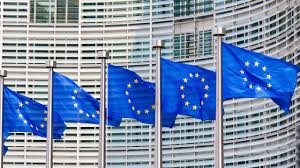Indonesia blocks Yahoo, PayPal for failing to comply with licensing rules – Indonesia has blocked several popular tech websites including search engine Yahoo and e-payment provider PayPal, an official confirmed on Saturday. The sites have been blocked because of their parent companies’ failure to comply with the country’s licensing rules.
Since November 2020, tech companies in Indonesia have been required to register their platforms with the Ministry of Communication and IT. The licensing rules give authorities the power to order companies to remove content or apps deemed “unlawful” or “disruptive of public order,” among other offenses.
Major social-media platforms including Meta Platform Inc’s Facebook and WhatsApp, as well as Alphabet Inc’s Google search engine, had rushed to register just days before the government’s July deadline, after the ministry warned that failure to comply could lead to sites being blocked.
Semuel Abrijani Pangerapan, director general of information and technology at the Ministry of Communication, told Arab News that eight websites had yet to register by the extended deadline of July 29, including Yahoo, PayPal, and mainstream gaming sites Steam and Epic Games.
He confirmed that the ministry had blocked those platforms.
“If PayPal sees Indonesia as their market and they care about their consumers, they should have registered,” Pangerapan said.
“We have given them a chance that they did not use. We sent them a letter, and they ignored us.”
PaypPal and US game developer Valve Corporation, which runs Steam, Dota, and Counter-Strike, did not immediately respond to requests for comment.
The measures to cut off access are not permanent, the ministry said in a statement, adding that the licensing rules are intended to protect internet users.
The move sparked a backlash on social media, with hashtags like #BlokirKominfo (block the communications ministry) trending on Twitter and many Indonesians chiding the government’s move as hurting the local online gaming industry and freelance workers, many of whom rely on PayPal.
“I’m disappointed with the government. They said they are supportive of the creative industry, which, as it turns out, is just hogwash,” Kaito, a creative freelancer based in East Java, told Arab News.
Nenden Arum from digital rights group the Southeast Asia Freedom of Expression Network told Arab News the ministry’s move to block these platforms is a violation of rights.
“Ideally, any process to block websites should involve a trial, but the communications ministry can do this instantly (because) the platforms did not register. But we see clearly how it impacts and hurts the public,” Arum told Arab News.
“This regulation harms the public — (it does not take into account) the public interest,” Arum continued.
The world’s fourth most-populous country is home to an estimated 191 million social-media users, according to Statista, making it a significant market for most tech platforms, including Twitter, Facebook and Bytedance’s TikTok. There are also over 170 million gamers in Indonesia, according to a 2021 report published by the communications ministry.


